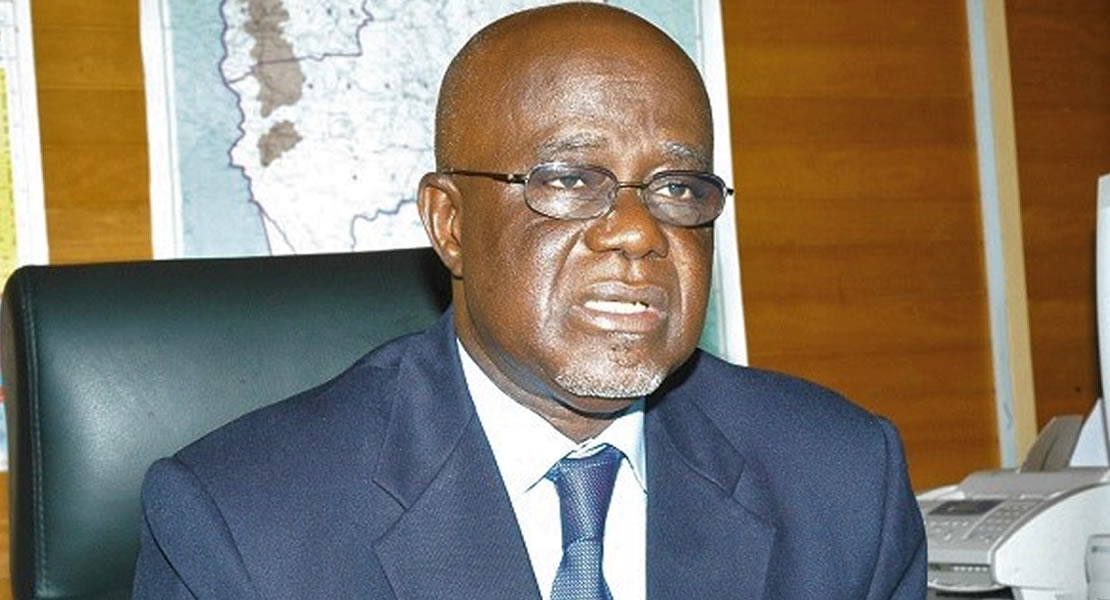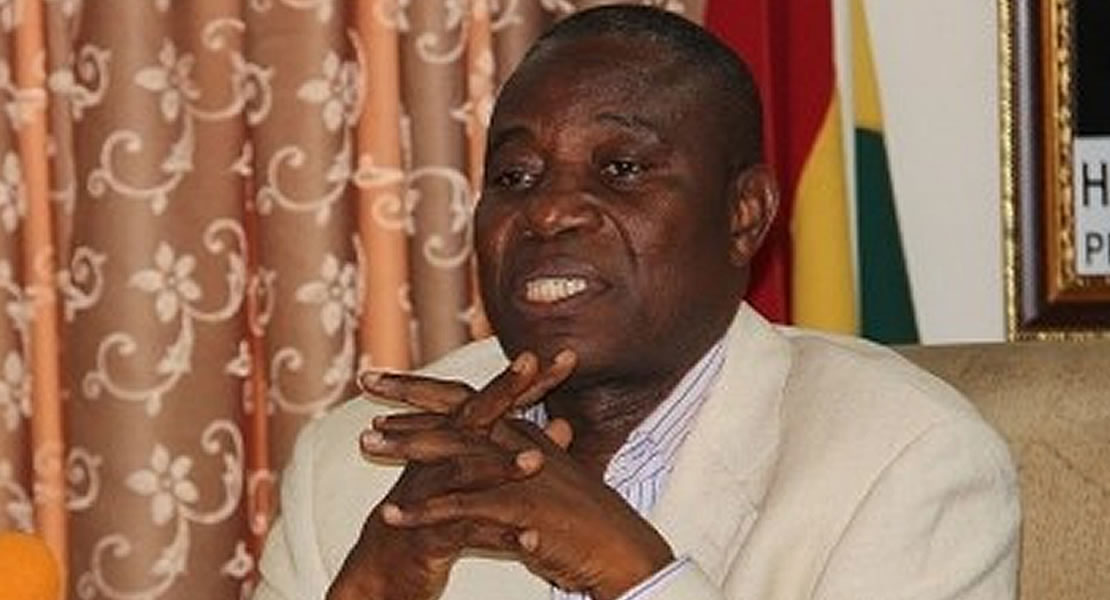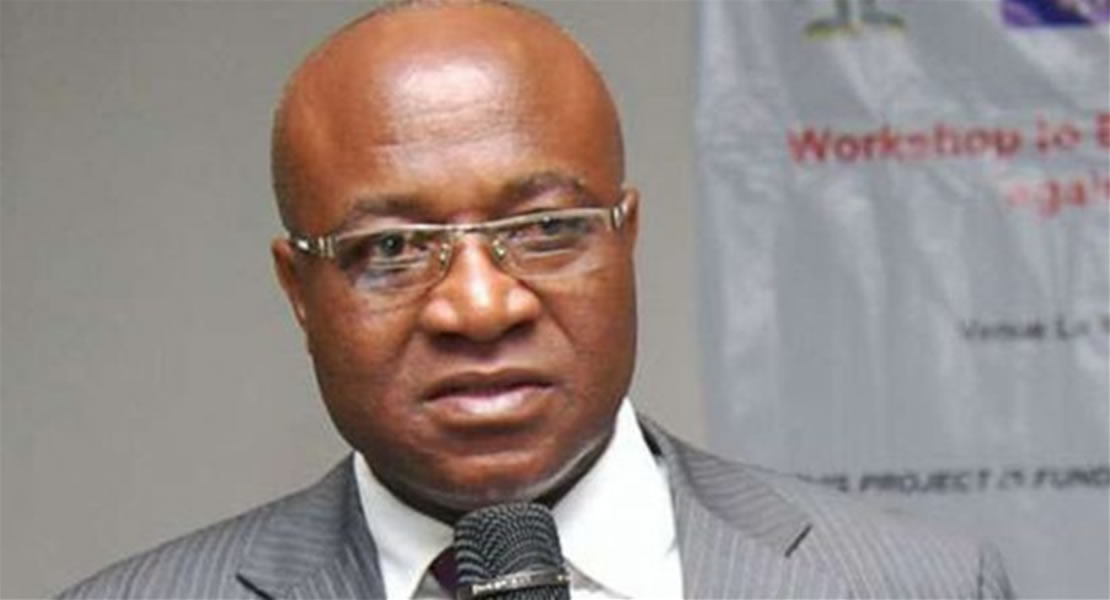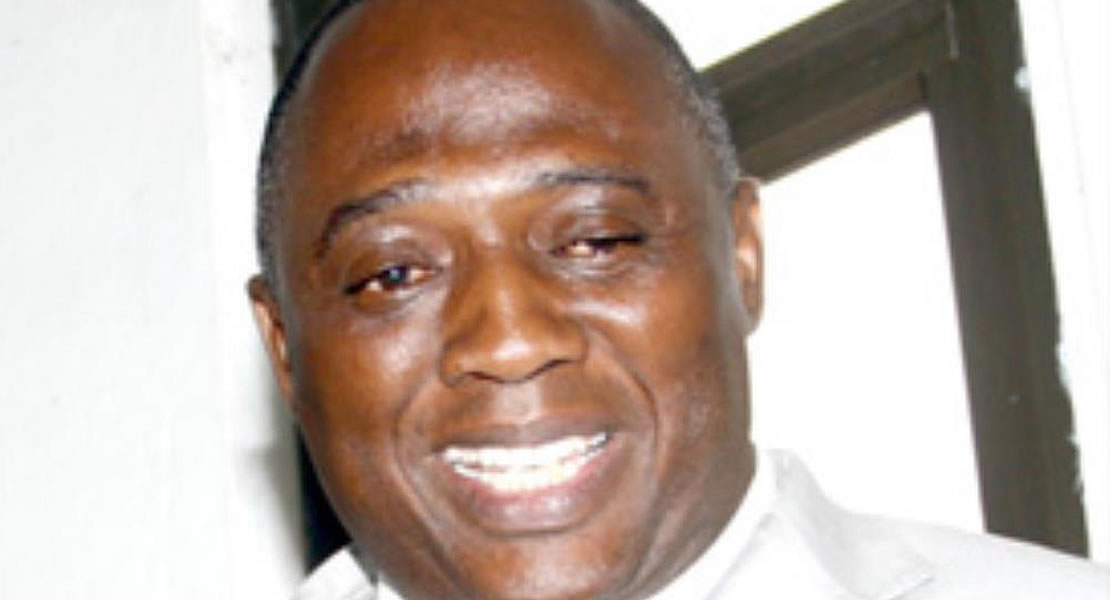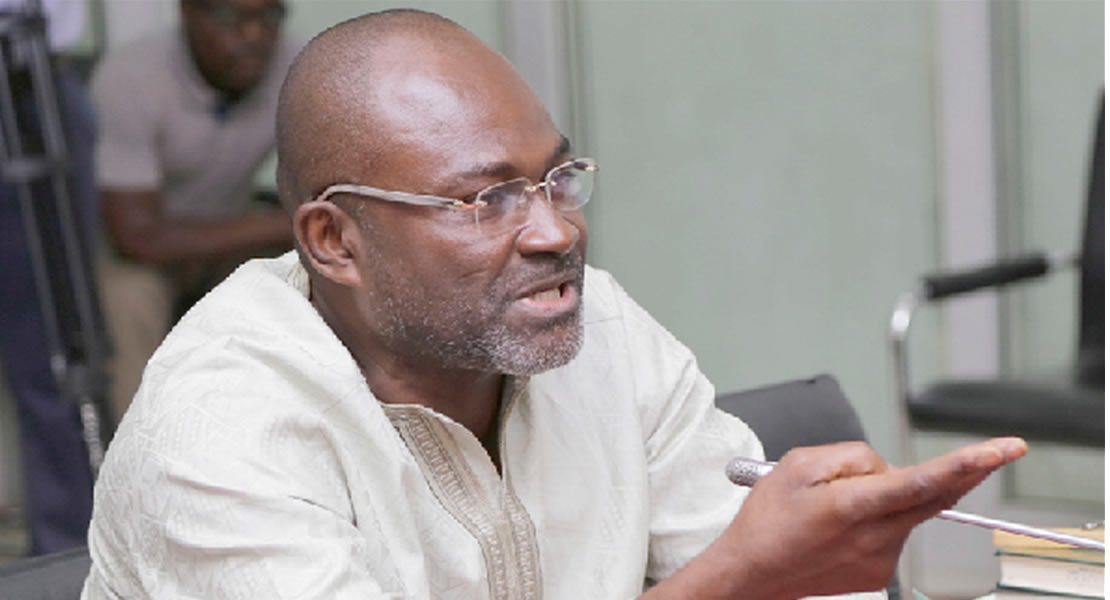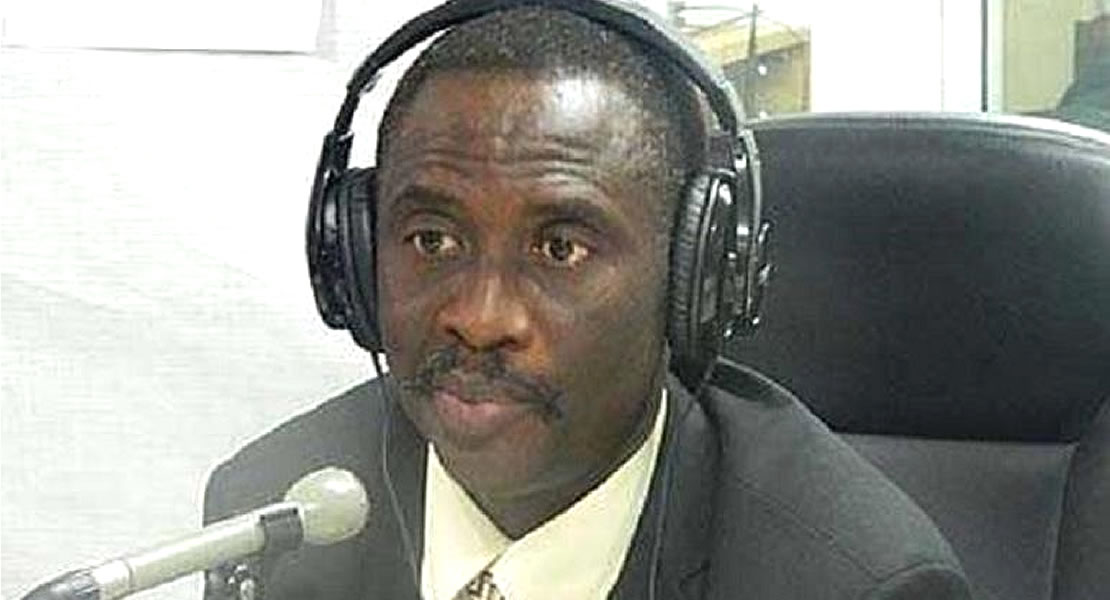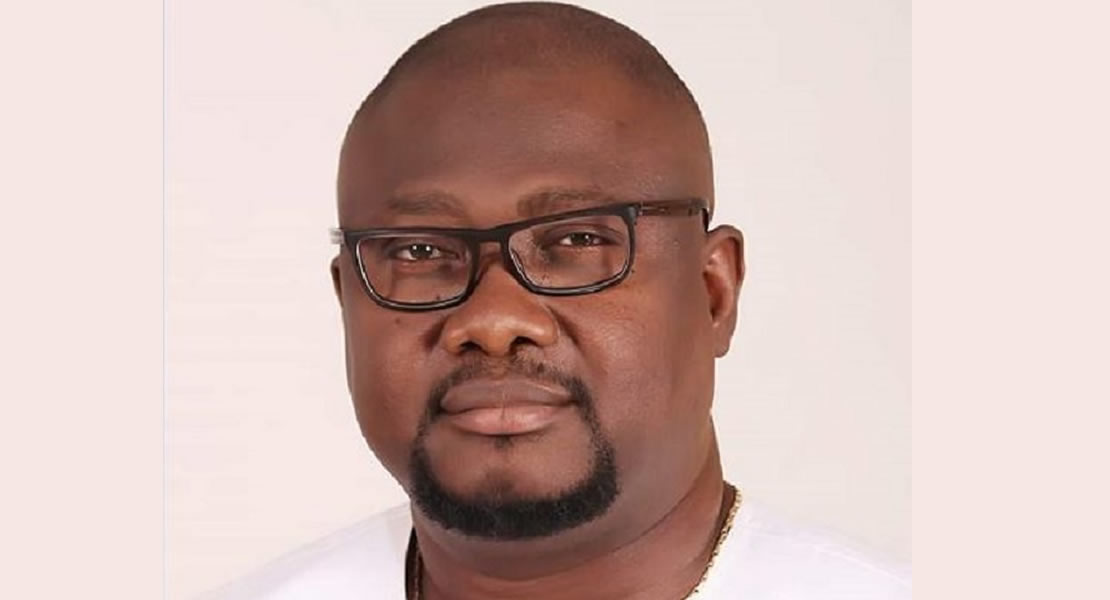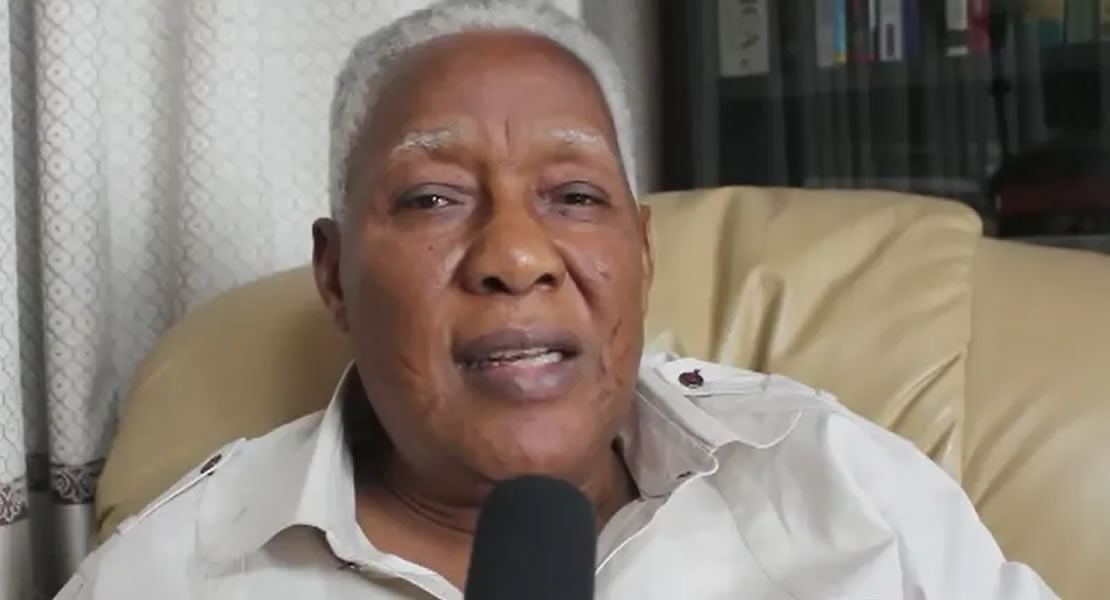After years of complaints by small-scale businesses and consumers of all ranks over high interest rates charged by banks, Ghana’s Parliament has made a bold move to probe the issue of huge disparities between Bank of Ghana’s base rate and the interest rates of the various commercial banks operating in the country.
Speaker of Parliament Justice Bamford Addo directed the Finance Committee of the House to interrogate the nation’s banks over the high interest rates after MPs had expressed outrage over what they called “unacceptable astronomical profits” being made by both local and foreign banks operating in the country.
The Bank of Ghana’s current base rate is 13 percent but the average interest rate of commercial banks hovers around 25 percent and in some cases higher.
Critics have described the phenomenon as a vile rip-off, arguing that the soaring interest rates mean that whilst the commercial banks are making unusually monumental profits, small scale businesses who borrow money from the banks are struggling to survive. Speaker of Parliament Justice Bamford Addo, told MPs on Friday June 24, that the trend must not be allowed to continue.
“This is not the first time that we have considered this issue. We have got nowhere. I remember that on one occasion when the Finance Minister came here, we put that question to him and he said he will try and convince the banks to reduce their rates. As we all know, that does not help us much. It has been suggested that the reduction could be made by policy rather than by just persuasion. We also know that this is an international problem with the banks and their high profits. And how to reduce it has been discussed internationally but it is our national problem too. As Parliament, we have to grab this opportunity today and this is why I suggest that we refer it not only to the Bank and the Minister but to the Committee in charge because this is a national problem. This is Parliament and it is time for us to take some action. And I am glad to say that this is the consensus for the whole house and we are not going to let this pass” she noted.
The Speaker after building consensus referred the matter to the Finance Committee of the House to look into the matter and make appropriate recommendations on the way forward.
She asked that a report be submitted to the House after a month.
Earlier, Members of Parliament raised their voices against the prevailing high interest rate regime and called for firm action to push down the rates.
“Banks like any other business ventures need to recover their costs and make profits. But Madam Speaker, our banks are making huge profits and are still passing on the cost of operations onto their clients. There needs to be a reduction in the cost of operations of our banks in terms of the salaries, the cost of premises, utilities, allowances, commitment fees and so on. Perhaps if the banks are run more efficiently, cost reductions could consequently be passed on to the customers” one MP said.
“Is it a systemic issue or what is it? Is it that they have a cartel in Ghana where all the banks probably meet secretly and tell one another that this is the band for our lending rates? So I think this is a wake-up call” that’s according to Hon Moses Asaga.
“Madam Speaker, the banks talk about the cost they incur in terms of the risky nature of the loans they give out because the bad debt rate is very high. Why should the banks not take time to see what is the cost of the high rate of bad debt. Why do people take the loan and they are not able to pay? May be because the rate at which they are given the loan is too high, or may be the banks do not do proper analyses to evaluate the business plans of the companies and the people who take the loans” another MP noted. The Chairman of the Parliamentary Select Committee on Trade, Industry and Tourism, revealed that at a recent meeting with the Governor of the Bank of Ghana, the Association of Commercial Bankers, Finance Ministry, the Ghana Chamber of Commerce and the Association of Industries, the banks admitted that indeed their interest rates were too high, and blamed the situation on the risk factor in giving out loans.
“The question then was, if you don’t do due diligence, why do you want to pass the burden of somebody who refuses to pay onto others who are genuine and who want to pay. Madam Speaker, it came out clearly that the banks were making super-normal profits. They promised that they were going to do all that it takes to bring the rates down. They eventually did that, but how significant was the reduction? The other school of thought was that, why don’t we regulate it like the PURC, where we don’t fix how much but at least we know that the prime rate is 13% with their lowest base rate being 19%. Madam Speaker, why can’t we give a percentage point within which they can operate? For example, if the prime rate of the Bank of Ghana is 13%, we say you don’t go above a percentage increase of 4%”.
Minority Leader Osei Kyei-Mensah Bonsu noted that if interest rates are overly high, the country’s industry will remain stagnant.
“This is why agriculture and industry are not growing; it is only the service sector in this country that is growing. And the high interest rates are responsible. The Banks themselves are growing and that’s why there is a proliferation of banks. Telecom is expanding and industry and agric that should be growing are not. In fact, the service sector should be lubricating agriculture and industry but they are not. On their own, they are growing, and that is where the problem is” he noted.
Source: citifmonline
